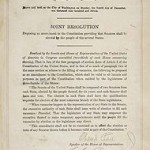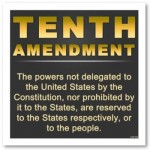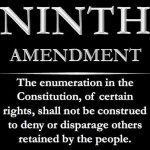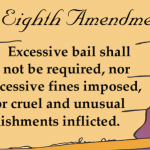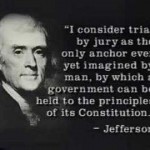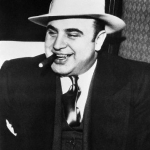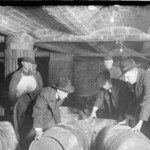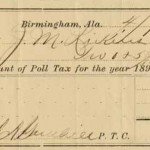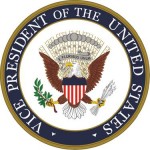From 1789 to 1913 the power to choose United States Senators was vested by the Constitution in the State legislatures. The Seventeenth Amendment altered the process by providing for direct election of Senators by the people. This fundamentally altered a carefully balanced power structure built into the unamended Constitution that served important purposes: to limit federal power […]
The Tenth Amendment to the US Constitution
“The Tenth Amendment is the foundation of the Constitution.” – Thomas Jefferson Among the questions raised by opponents of the Constitution during the ratification debates was the lack of an express limit on federal power, and that it would be a danger to individual freedoms and to the powers of the states. In response to […]
Constitution’s Ninth Amendment: Protecting Unenumerated Rights
On September 17, 1787 the drafting of the American Constitution was complete. The proposed document was not without its detractors and several delegates who participated refused to sign the document.[1] A major objection was the lack of specific protections for individual freedoms. The document provided that it would become effective with the ratification of nine […]
Eighth Amendment: Banning Cruel and Unusual Punishment
The Eighth Amendment to the US Constitution is part of the Bill of Rights. Along with the Fourth, Fifth and Sixth Amendments it recognizes procedural rights for persons accused of crimes. The purpose of these procedural rights is to protect an individual’s inalienable natural right to liberty. When originally ratified in 1791, the Bill of […]
The Seventh Amendment: Right to a Jury in Federal Civil Trials
The Founding Fathers had a healthy fear of government power. They relied upon citizen juries to check that power. The suspension of jury trials was one of Declaration of Independence grievances against King George. The Constitution’s 7th Amendment reflects colonial history and beliefs. John Adams described the place of the jury in the system of […]
21st Amendment Repeals 18th and Prohibition: Restriction on Liberty Fails
The only constitutional amendment ever repealed was the 18th which had ushered in Prohibition. The 18th Amendment was also the only amendment to restrict individual liberty rather than restrict government power.1 As the only such restriction, it was the only constitutional amendment at odds with the unalienable rights outlined in the Declaration of Independence and contrary to the natural […]
Constitution’s 18th Amendment: Prohibition Leads to National Police Force
Amendments to the US Constitution have generally been of three types: expansion of citizen protections from government interference with their lives, providing greater participation in the process of government or technical government organization. Only the Eighteenth Amendment acted as a restriction on freedom and it has been the only amendment repealed. The Bill of Rights set specific […]
Constitution’s 22nd Amendment: Term Limits for the President
In 1797 President George Washington set a precedent that would not be broken for 143 years. He retired from office after two terms. In 1940 Franklin Roosevelt ran for and was elected to a third term. Roosevelt was the first to serve more than eight years, and his success resulted in the Constitution’s 22nd Amendment limiting […]
Constitution’s Twenty-Fourth Amendment: Ending Poll Taxes
After the Civil War, the vote was extended to members of all races by virtue of the 15th Amendment. In the former Confederate states, various laws were passed to inhibit the voting of former slaves. Among those laws were “poll taxes” requiring a payment to the government prior to voting. Constitution Provided for States to Determine […]
Constitution’s 25th Amendment: Resolving Issues About the Vice-President
When the Constitution was drafted in 1787, the office of vice-president was created as an afterthought, as a solution to potential problems with the Electoral College. The Constitutional Convention delegates were concerned that if there was only the office of president, all electors would always vote for a favorite son of their state. The result […]
